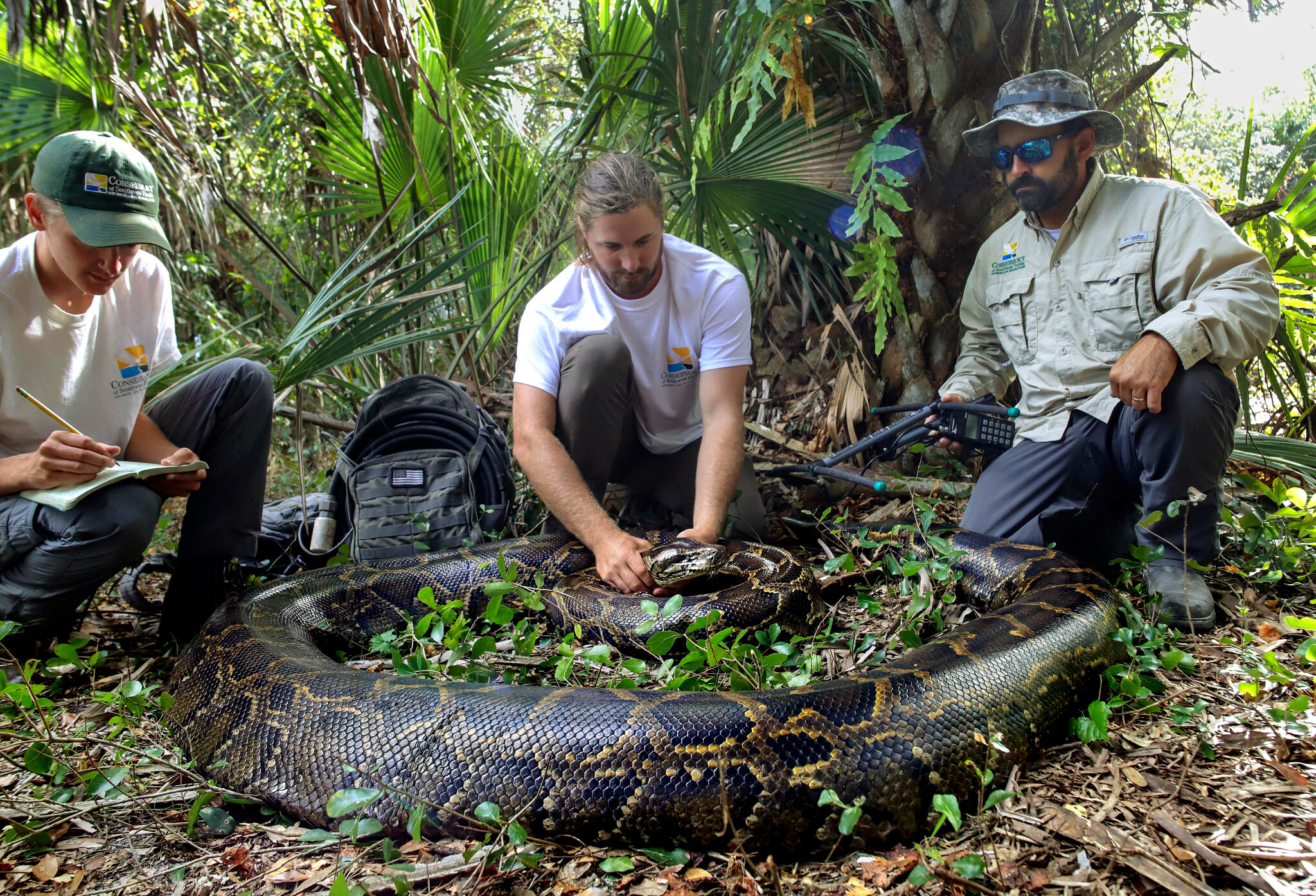When you think of spiders, you might picture creepy crawlies lurking in dark corners. But have you ever heard of the Florida wolf spider? These unique creatures are more than just something to be afraid of; they play an important role in our ecosystem. Let’s dive into the world of the Florida wolf spider and discover what makes them so special!
What is a Florida Wolf Spider?
The Florida wolf spider, scientifically known as Hogna spp., is a member of the Lycosidae family. This means it’s a wolf spider that calls Florida its home. Unlike some other spiders that spin webs to catch their food, wolf spiders are hunters. They rely on their excellent eyesight and quick movements to catch their prey.
These spiders can be found in various habitats across Florida, from gardens to forests and even near water. They often stay hidden during the day and come out at night when they hunt for insects. They are quite common, and you may have seen one without even realizing it! Also read Exploring the Florida Wolf Spider Nature’s Fascinating Hunter
Physical Characteristics
Florida wolf spiders are fascinating to look at. They are usually brown or gray, which helps them blend into their surroundings. This camouflage is important because it helps them avoid predators. They have long legs and a robust body, which makes them agile hunters.
One of the most interesting features of the Florida wolf spider is its eyes. They have eight eyes arranged in three rows, giving them excellent vision. This is crucial for spotting prey and avoiding danger. When you see a wolf spider, you might notice that it looks a bit fuzzy, and that’s because of tiny hairs on its body that help it sense its environment.
Where Do Florida Wolf Spiders Live?
Florida wolf spiders are adaptable creatures. They can be found in a variety of habitats, including:
- Forests: They thrive in wooded areas, where they can hide among the leaves and tree bark.
- Gardens: Many people find them in their gardens, where they help control pest populations.
- Grasslands: Open fields provide plenty of space for hunting.
- Near Water: They can often be seen close to ponds or marshes.
These spiders prefer places where they can easily find shelter and hunt for food. They like to hide under rocks, logs, or even in grass, making them hard to spot!
Diet and Hunting Techniques
What do Florida wolf spiders eat? They are carnivorous and primarily feed on insects. Their diet includes crickets, grasshoppers, and even other spiders. They are skilled hunters and can catch their prey quickly thanks to their speed and agility.
When hunting, a Florida wolf spider relies on its excellent eyesight. It stalks its prey silently, waiting for the right moment to pounce. Once they catch their meal, they use their powerful fangs to inject venom, which helps digest the prey. This is a bit like how some animals eat their food before digesting it; the venom breaks down the prey so they can easily consume it.
Reproduction and Life Cycle
Like many spiders, Florida wolf spiders have an interesting life cycle. The mating season typically occurs in the spring and summer. Male wolf spiders will perform a courtship dance to attract females. Once a female is interested, she will mate with the male.
After mating, the female lays her eggs in a sac, which she carries with her. This is quite unique because many spiders leave their eggs behind. The female wolf spider will keep her egg sac attached to her spinnerets, which are the parts of her body that produce silk. Once the eggs hatch, the tiny spiderlings climb onto their mother’s back, where they ride until they are old enough to fend for themselves.
This nurturing behavior is pretty special in the spider world. The mother wolf spider provides protection to her young until they are ready to start their own lives.
Common Myths and Misunderstandings
Many people are afraid of spiders, and that’s understandable! However, there are some common myths about Florida wolf spiders that deserve clarification.
Myth 1: They Are Dangerous to Humans
Florida wolf spiders are not aggressive towards humans. While their bite can be painful, it is rarely harmful. Like many animals, they bite only when they feel threatened. If you leave them alone, they will likely do the same for you!
Myth 2: They Are Just Pests
While they may seem like pests, Florida wolf spiders actually help control insect populations. By hunting insects like mosquitoes and flies, they help keep these annoying bugs in check. This makes them beneficial for gardens and outdoor spaces.
Myth 3: They Are All the Same
Not all wolf spiders are the same! There are many species of wolf spiders, and the Florida wolf spider is just one of them. Each species has its own unique traits and behaviors, but they all share some common characteristics, like being hunters.
How to Coexist with Florida Wolf Spiders
If you encounter a Florida wolf spider in your yard or home, there’s no need to panic. Here are some friendly tips on how to coexist with these fascinating creatures:
- Observe from a Distance: If you spot one, take a moment to watch it. You might find its hunting techniques quite interesting!
- Keep Your Space Clean: Reducing clutter in your yard or home can help discourage spider habitats. Clean up leaves, wood piles, and other debris where spiders might hide.
- Seal Entry Points: Make sure your home is sealed properly. Check for cracks in windows and doors, which can help prevent spiders from coming inside.
- Embrace Their Presence: If they’re outside, let them be! They’re helping to keep the insect population under control.
- Catch and Release: If you find one indoors, you can gently catch it using a jar and a piece of paper. Take it outside and release it back into nature.
By taking these steps, you can live harmoniously with Florida wolf spiders while enjoying the benefits they bring to your environment.
The Role of Florida Wolf Spiders in the Ecosystem
Florida wolf spiders play an important role in our ecosystem. As predators, they help control the population of insects, which can be particularly beneficial in gardens and agricultural areas. Without predators like the wolf spider, insect populations could explode, leading to issues for plants and animals.
Additionally, they are part of the food chain. Birds, lizards, and other animals rely on spiders as a source of food. This means that Florida wolf spiders are not just important for controlling pests; they are also vital for supporting other wildlife.
Fun Facts About Florida Wolf Spiders
Here are some fun facts to help you appreciate Florida wolf spiders even more:
- Speedy Runners: Florida wolf spiders can run really fast. They can sprint up to two feet in a second!
- Great Jumpers: These spiders can jump up to six times their body length, which helps them catch prey or escape danger.
- Night Owls: They are nocturnal, which means they are most active at night. So, if you see them scurrying around in the dark, they’re just doing what comes naturally!
Conclusion
The Florida wolf spider is an incredible creature that often gets a bad reputation. But when we take a closer look, we see just how fascinating and beneficial these spiders can be. From their unique hunting techniques to their role in the ecosystem, Florida wolf spiders are more than just a simple pest; they are remarkable hunters that help keep our environment balanced.
Next time you see a Florida wolf spider, remember all the important things it does. Instead of running away, take a moment to appreciate this little hunter. They may be small, but they play a big role in the world around us!





